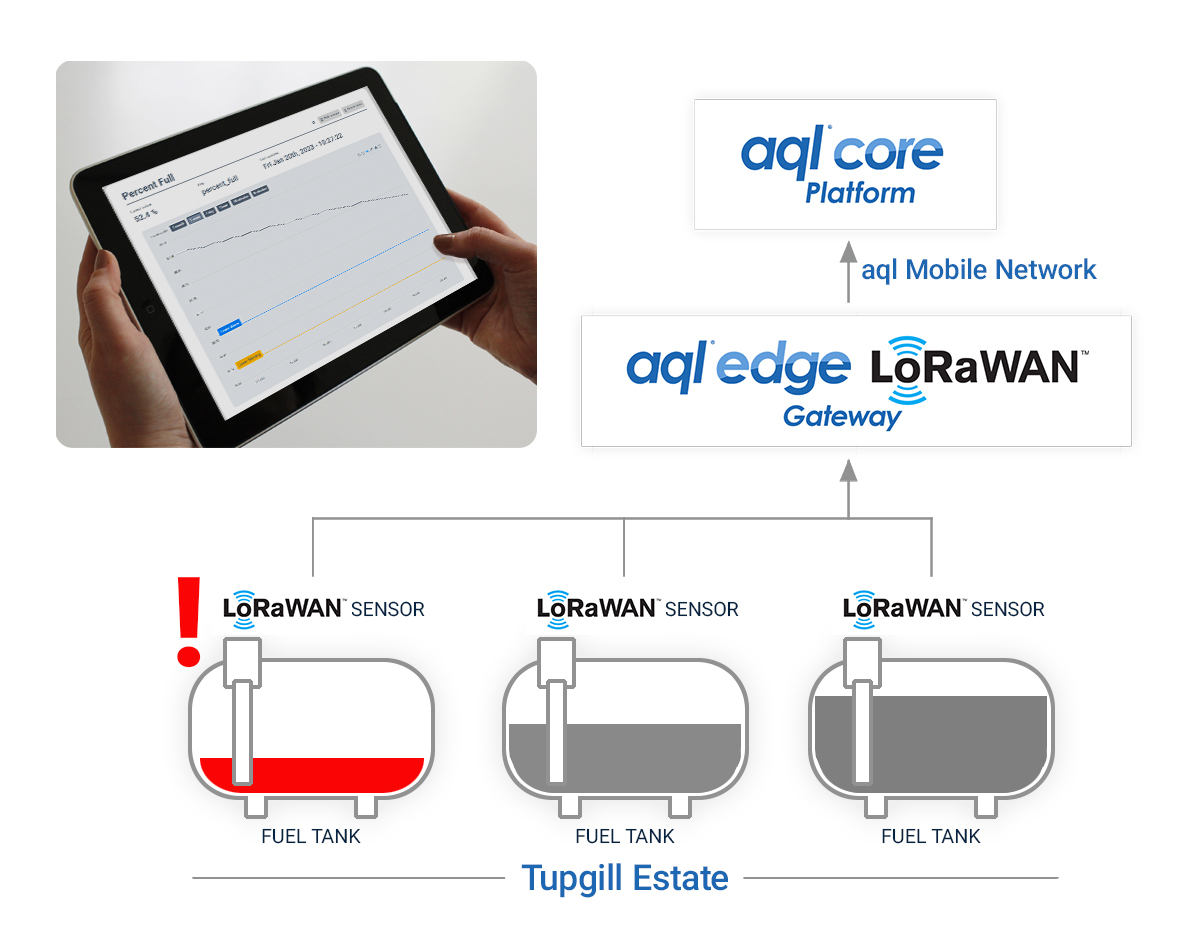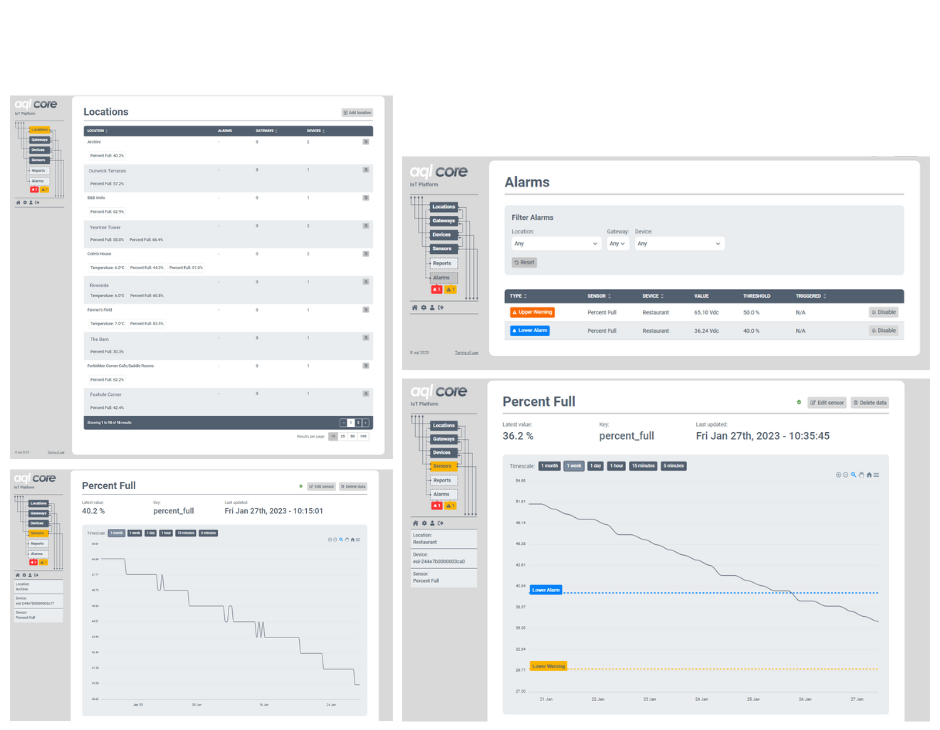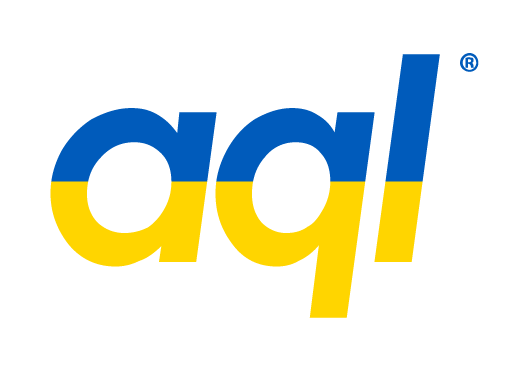
Case study: MANY Tupgill Estate
MANY, or Mobile Access North Yorkshire, is a two-year project implemented by the government’s Department for Digital, Culture, Media and Sport (DCMS) with the intention of developing the connectivity of rural areas in North Yorkshire. By both improving the network in these areas and utilising innovative 5G and IoT (Internet of Things) solutions, it was hoped that tourism would be positively impacted, health and mental wellbeing would be improved, vital emergency services would be further supported, and environmental monitoring could use connectivity to improve the safety and efficiency of facilities and utilities.
Monitoring fuel levels proves challenging
Tupgill Estate is a beneficiary of the MANY project that offers accommodation, entertainment and tourist attractions. Due to its rural location and limited access to the power grid, Tupgill Estate uses fuel-powered generators to provide electricity and heat to its facilities. This fuel is stored in tanks that are spread around the grounds. Monitoring fuel levels of the tanks used to be a time-consuming manual task that involved staff using dipsticks to check fuel levels and then reporting the data back to the estate several times each week. In the unfortunate case of fuel leakage or theft, manual readings would always be reported after the fact, sometimes resulting in further fuel loss and environmental impact. In addition to this, due to the often unpredictable nature of power usage across different parts of the estate, knowing when fuel transfer between tanks was necessary was hard to gauge and sometimes resulted in outages or dangerously low fuel levels.

A diagram showing data being sent from the sensors through the aql Edge gateway to the aql Core platform
The solution provided by aql was to use our Edge IoT Gateway and Core IoT platform connected through aql's mobile network to provide 24x7 monitoring across the estate. Each fuel tank on the estate was installed with a LoRaWAN fuel monitor capable of providing data including real-time fuel levels and ambient temperature. LoRaWAN, as a low power solution with a wide frequency range, ensures that each monitor is able to provide readings across the entirety of the grounds. The data collected through aql’s Edge IoT gateway is connected through aql's mobile network to aql’s Core IoT platform. The aql Core IoT platform provides an easy to use dashboard that allows staff at Tupgill Estate to check and monitor fuel levels across the entire property instantaneously from their phones or computers. The Core IoT platform also allows users to set alarms based on their own parameters, which has allowed the staff at Tupgill Estate to utilise aql’s SMS platform to set up SMS and email notifications that keep them informed about key measures and send daily and weekly reports of fuel usage.

Screenshots of Tupgill Estate’s fuel data from the aql Core IoT platform
Using aql’s Core and Edge IoT solution, fuel levels can be monitored quickly and easily
Since aql’s IoT solution has been implemented, Tupgill Estate are notified about anomalies and issues through their alarms, meaning they have been able to deal with problems immediately. This has helped reduce wastage and the environmental impact caused by fuel leakage into the ground around the tanks. Further, real-time readings have allowed staff to know when fuel needs to be transferred between tanks ahead of time, effectively stopping critical shortages. Estate management has also not had to send anybody to do time-consuming manual fuel level checks, freeing up time and resources to be used elsewhere in the business. Access to real-time and historic data has further allowed Tupgill Estate to predict and estimate fuel use with greater accuracy, meaning purchase orders have become more organised, better consolidated, and more efficient than they were previously.
Leo Morris, Director and COO at Tupgill Estate said: “Working with aql has given us peace of mind. Tupgill Estate is a 500 acre property that runs without mains power. Manually monitoring all of the fuel tanks for such a large site used to take a lot of manpower and time. Thanks to aql’s Edge sensors and Core IoT, we’ve greatly reduced our labour costs and worry much less about fuel levels. Now, not only can we check and monitor fuel levels at the touch of a button, we can also better estimate future usage and plan this into our budget. Using the Core platform has been simple and intuitive, and operation of our estate has benefited greatly as a result of our partnership with aql.”


